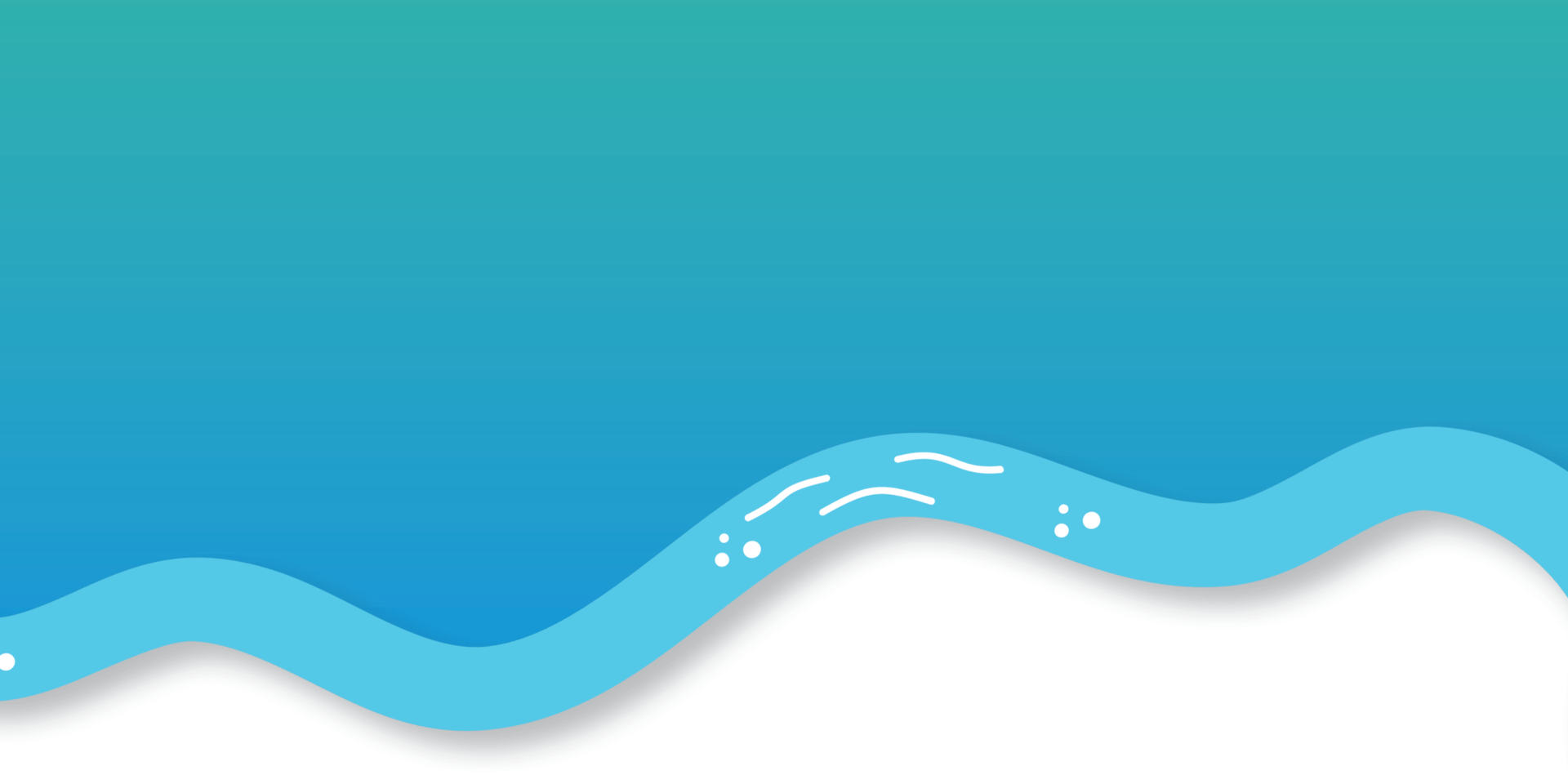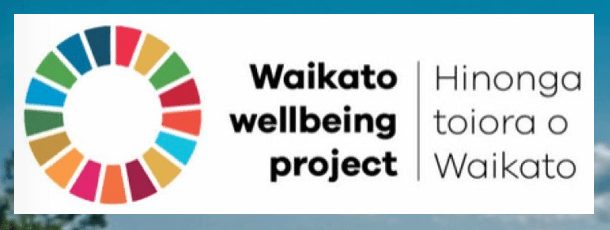Tēnā koutou katoa
With the guidance of our establishment advisory group, Pou Tiaki, we’re continuing to make progress on our operating model and are working towards putting our advisory board in place. At the same time, I’ve been getting out and connecting with manu taki and key stakeholders across the region to understand their wellbeing journey and assess what support the project could offer.
The Waikato Wellbeing Project is all about supporting and amplifying the voice of the community for systems change. It’s no understatement to say that there are hundreds of incredible things already happening across the Waikato - all contributing towards wellbeing. There are just as many motivated communities and opportunities which could also make a positive contribution.
Part of our current work is to think about where we will prioritise our effort. That may mean that for some SDGs we are very active, and in others we are more in the supporting role. Some SDGs have very well-established programmes, so our role will be to continue to assist with further innovation and input where needed. As each SDG evolves, our role may also change.
In some cases, we may focus on a SDG at the regional scale, in others we may look for cross-cutting issues which advance several SDGs at once. We may also explore opportunities to integrate several SDGs in places/communities where we can explore, scale and help achieve impact.
As our approach continues to develop we will:
- Contribute where we have willing partners, building insight with communities
- Bring a systems perspective to facilitate deeper understanding of case and effect
- Use robust data and lived experiences to amplify the voice of the community for systems change
- Look to co-create insight which makes a difference in both the short and long run
- Put te ao Māori and mātauranga Māori at the centre of how we work
Learning from others - the Southern Initiative
The Southern Initiative (TSI) has been working to transform the lives of people in South Auckland (and now also Western Auckland) since 2012. The TSI has just received the results of an independent review by Professor Ingrid Burkett and Cathy Boorman from the Yunus Centre at Griffith University in Australia. The review concluded that the TSI is an excellent demonstration of the power of place-based work in the context of addressing systems change - learning for system innovation while not losing a focus on people. The review noted that working “in place”, but with a systems focus:
- Makes ‘systems’ real. Place offers a real context in which we can not only see the impacts of systems in all their complexity, but also be able to experiment with people around how these impacts could be mitigated, or indeed how we could innovate to shift the detrimental impacts of systems.
- Enables an opportunity to see how actions intersect, how working in one part of a system interacts and ripples out to or effects other parts of the system.
- Offers an opportunity to engage with people and communities holistically rather than in service silos, making a relational approach possible.
- Enables a better appreciation of what is ‘scaleable’ and ‘replicable’, or what kind of scale is appropriate for particular impacts. This puts a halt to unfounded assumptions that all innovations or initiatives are or should be scalable in the same way or that scaled up initiatives will automatically lead to scaled up impacts.
- Further, people are more likely to want to participate in creating systems level change in place because they have a stake in the future of co-producing their futures in place – whereas systems beyond place can seem abstract, removed and nebulous.
Reflections for the Waikato Wellbeing Project
Earlier this week the TSI’s General Manager, Gael Surgenor, generously spoke to some of our project stakeholders at Waikato Innovation Park. I’ve summarised some of my own reflections below:
- “Only the hood can change the hood”- successful change programmes need to operate at grassroot levels.
- Combine lived experience, western science and mātauranga Māori- all three are needed to make progress.
- Systems change is important- operating at the output level will not reveal deep systematic opportunities for change.
- Partnership with government is essential- for the TSI, the Government had also identified South Auckland as a priority location and were willing to try something new- a co-design lab.
- Find and support great people who are willing to break the rules and push traditional. approaches. Make sure your people are from the communities and cultures which they will work with.
- Hold space for your people so they can try new ways of doing things. Combine the talent of co-designers and social intrapreneurs…people who bridge innovation and implementation and who challenge the status quo.
- Send out radio signals and go where the energy and buzz is. For example, the TSI were able to help redesign public sector procurement in South Auckland and teamed up with Auckland Transport to redesign how they engaged Māori and Pasifika businesses in major infrastructure projects.
- Embed mātauranga Māori as a central design feature of the programme- build a whakapapa-centric approach.
- Don’t overhype expectations or spread yourself too thin- systems change is long, hard, slow and sometimes frustrating work.
- Think like a system and act like an entrepreneur- use tools like design thinking, but be willing to try what works, even if it’s not in the plan.
- Build mutually reinforcing connections - look for impact in several dimensions at once.
Along with Gael and her team at the TSI, we are currently engaging with a range of experts in areas of social, cultural and environmental innovation. From that our operating and model will emerge. I will keep you up to date as this work continues and as other components of the project continue to progress.
As always, please get in touch if you want to discuss the project, how we can work together and what support we can offer.
Harvey Brookes
Kaiwhakatere - Executive Director
Hinonga Toiora o Waikato | Waikato Wellbeing Project


